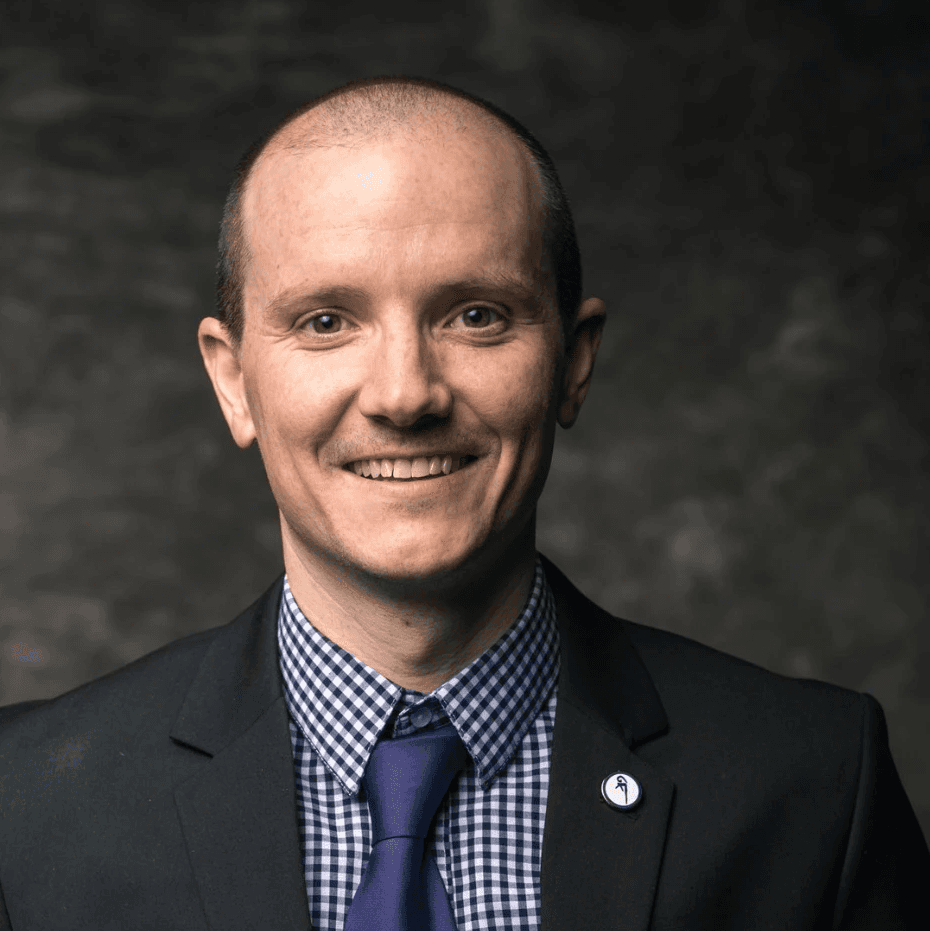Here's a thought that might not immediately resonate with our instincts as product leaders: take the blame. Sounds simple, doesn’t it? Yet, in the real world of product missteps, unsatisfied customers and missed deadlines, it's far from easy.
When you decline to partake in the blame game, suddenly, the environment shifts
Imagine you’re overseeing a product launch, and suddenly, something goes haywire. The immediate reflex? Find the culprit. As product leaders, we're often inclined to toss blame as far away from ourselves as possible, ensuring it doesn't linger on us for too long. But what if, just for a moment, we resisted that urge? What if we held onto that scalding blame, even if we believe we’re not the cause of it?
“But it wasn't my team's fault!” Such a protest might be our first instinct. “What if there was a communication gap, or the client misunderstood, or the tech team had unforeseen challenges?” you wonder. “Why should I take the blame when it might not be genuinely mine?”
This isn’t about playing the martyr. It's about cultivating calm amid the storm. When you decline to partake in the blame game, suddenly, the environment shifts. Consider the whirlwind that often follows mistakes: heated discussions, finger-pointing, past mistakes resurfacing, and escalating tensions. What if, instead of diving into that chaos, you declared, “I’m willing to acknowledge my accountability here. Let’s address this”? By taking responsibility, you have the power to turn the tide and concentrate on resolutions.
When we channel the blame (even just some of it) towards ourselves, we can genuinely influence the situation. We bypass the pointless debates about "why" and "who" and pivot towards action, and the opportunities this challenge opens up. Whatever happened happened, and now the task is to learn and move forward. So, we absorb the blame creating a release valve for the surrounding chaos, and laser-focus on effective solutions.
When we dare to accept the blame instead of dishing it out, more often than not, it reveals insights. We might uncover our unnoticed contributions to the issue, no matter how minor. Because, in the grand scheme of things, no one is so flawless that they exist outside the intricate mesh of accountability. Believing in the illusion of our complete innocence can be naive. But our capacity to bring resolution and vision for moving forward? That's very real.




